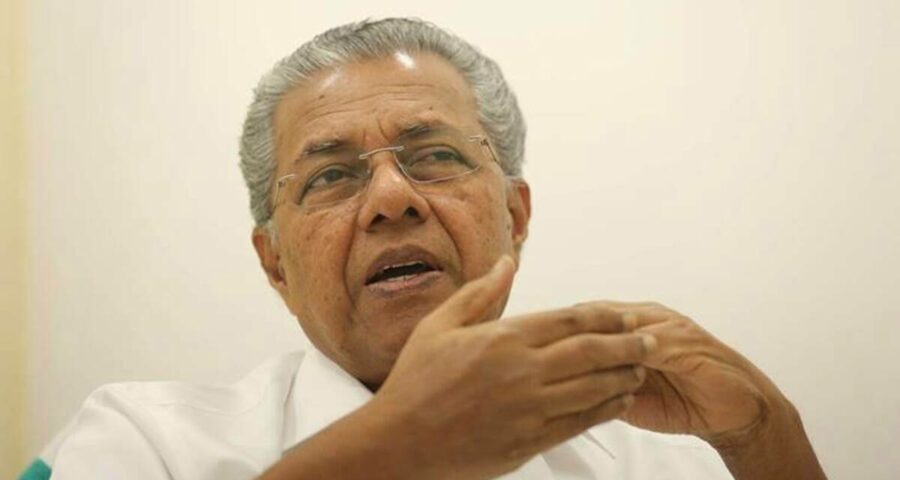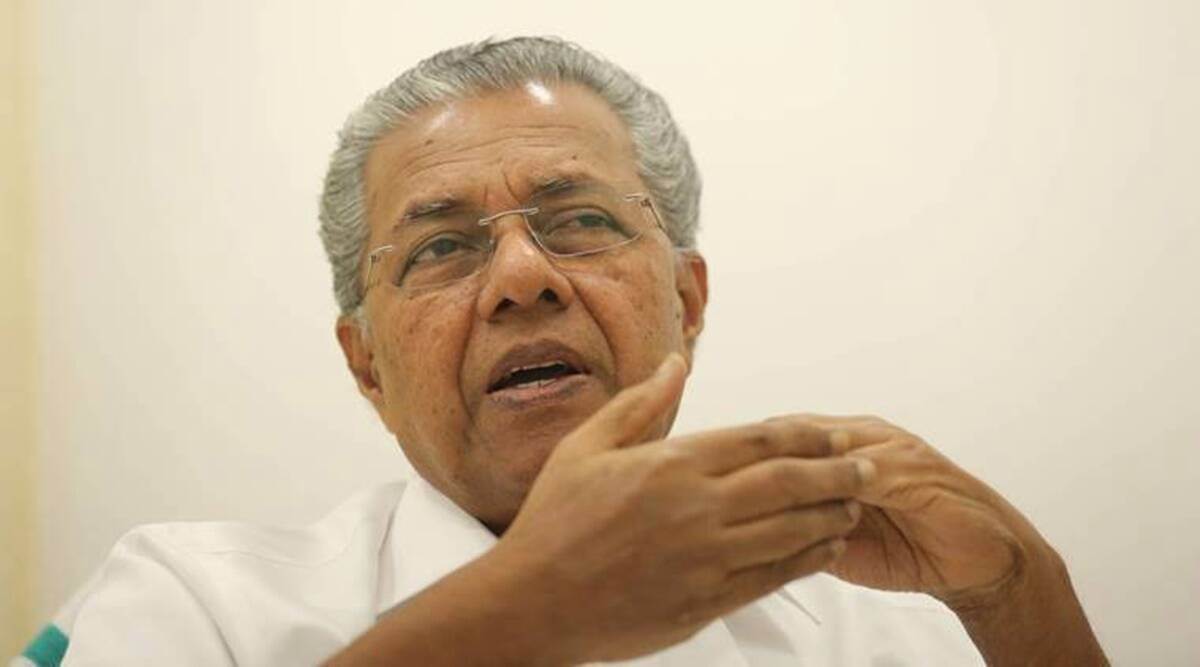In the first wave of the pandemic last year, the local bodies had been involved in the micro-level implementation of containment strategies.
With active Covid-19 cases in Kerala rising to 4.17 lakh, the state government on Saturday decided to give a bigger role to local self-governing bodies to manage the surge. In the first wave of the pandemic last year, the local bodies had been involved in the micro-level implementation of containment strategies.
Chief Minister Pinarayi Vijayan, in a meeting with the members of the three-tier local self-governing bodies, said Kerala is facing an uphill challenge in the second phase of pandemic as a highly infectious strain has been detected in the state.
“There should not be a single person in Kerala who is not getting treatment and food. All local bodies should prepare a list of those who are likely to face hunger. Community kitchens should be set up in all local bodies, where that facility does not exist now,” he said.
The Chief Minister said all local bodies should have a 24-hour call centre, which would be connected to the district level control rooms. “In all local bodies, ward-level (the basic unit under the panchayati raj system) committees should be established. Such committees should visit the houses under their ward and review the situation,” he said.
Vijayan said these micro-level groups should keep a tab on the health conditions of the patients in their locality and if required, they should be shifted to hospitals. When patients have to be shifted to hospital, the panchayat level committees would get direction from the district control rooms, which would have details about availability of beds, ventilators and ICUs in that district.
All wards should have a list of medical professionals, para-medics and volunteers whose service can be utilised locally. This would help local bodies, particularly panchayats, to make ready their own medical teams, he said.
He said every ward level committee should make ambulances available or otherwise, they should have a list of vehicles. All wards should have enough stock of medicine and maintain a pool of at least five pulse oximeters.
Source: Read Full Article


